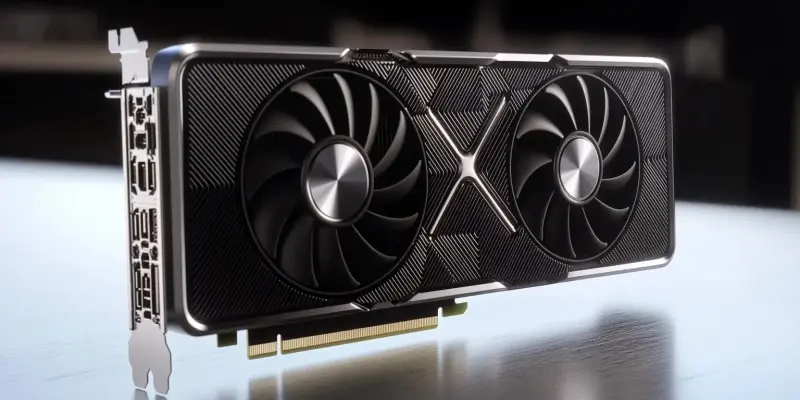In a surprising turn of events, tech enthusiasts and industry analysts alike have expressed significant disappointment with NVIDIA’s latest series of GPUs, particularly the GeForce RTX 50 series GPUs known as the RTX Blackwell. Technology icon Edward Snowden recently criticized the release, pointing out several glaring issues such as low inventory levels, inflated prices, and unimpressive performance. His remark about the situation being a “monopolistic crime against the consumer” resonated strongly with many potential buyers who have now become increasingly wary of NVIDIA’s offerings.
Discontent among Consumers
NVIDIA’s new RTX Blackwell GPUs have faced backlash from both experts and everyday consumers for their high price tags and insufficient advancements in performance. One of the primary complaints has been the staggering cost of the RTX 5080, which exceeds $1,000. For that price, buyers expect cutting-edge technology, including adequate VRAM. However, the reality has been far from this expectation. Reviews indicate that the generational improvements from the Ada Lovelace series to the RTX Blackwell series are minimal at best. Many have questioned whether the performance enhancement justifies such a significant financial investment, particularly when options in the high-end GPU market are limited.
Limited Competition and Market Dynamics
Despite NVIDIA’s strong reputation and history of innovation, these concerns have cast a shadow over the company’s latest offering, causing potential customers to rethink their loyalty. The fallout from this release has been significant, as many turn their attention to competitors in search of better options. The dissatisfaction underscores a broader sentiment within the tech community, reflecting frustration over what is perceived as a failure to deliver on promises and meet consumer expectations.

